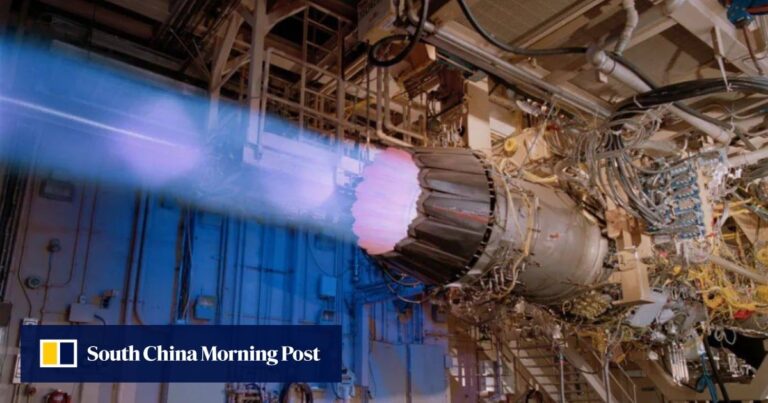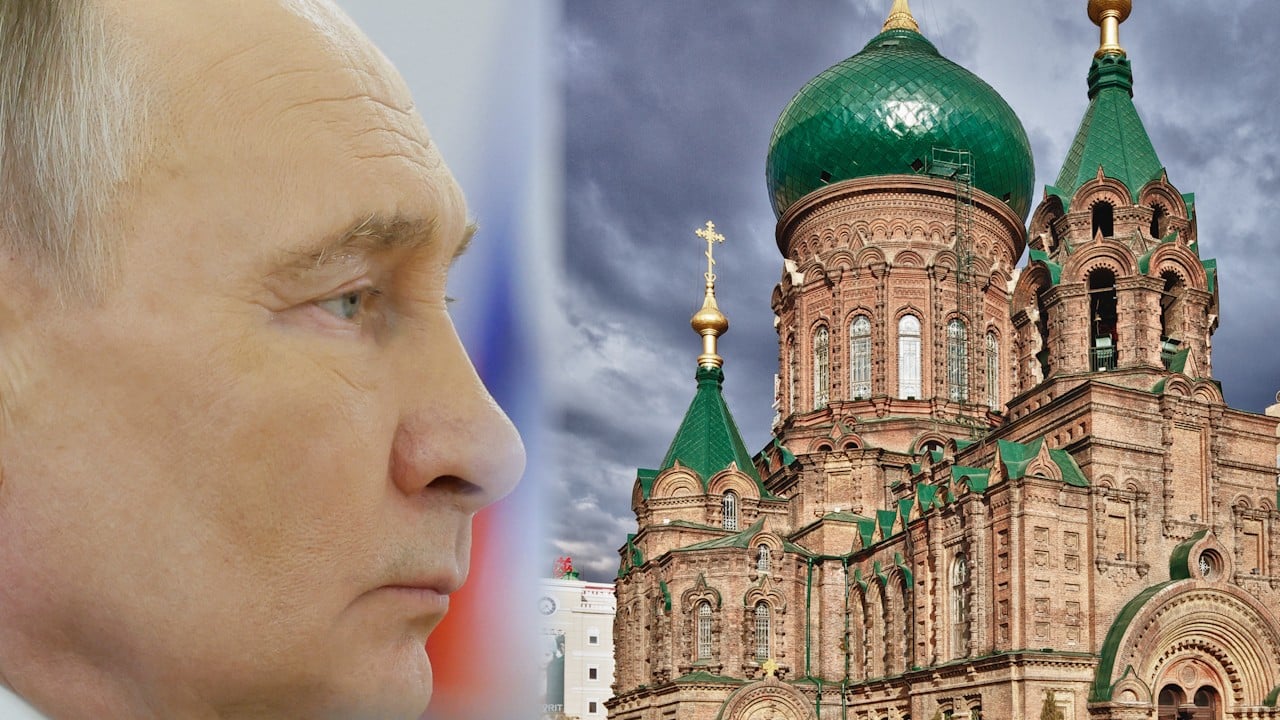“This is being done to protect our national security and interests and to meet our international obligations, including nuclear non-proliferation,” the Commerce Department said in a statement.
Beijing’s unusual move comes amid rising tensions with the United States over technology and trade, and growing pressure from Western countries to end Russia’s support for the war in Ukraine.
Since the outbreak of the war, a number of Chinese companies have been subject to sanctions by the United States for suspected support for Russia, including through the export of equipment with both civilian and military uses.
U.S. Secretary of State Antony Blinken said last week that the White House would work with the European Union to impose sanctions on Chinese companies that supply Russia with microelectronics and high-tech products that support Russia’s defense industry.
Beijing has repeatedly denied supplying arms to Russia.
According to Chinese customs data, the top three countries listed as importers of Chinese aerospace products in the first four months of this year were the United States, Vietnam and Singapore.
The top three importers of gas turbine-related restricted goods during the same period were the United States, India and Vietnam. Gas turbines can be used in large vehicles such as warships and tanks.
The restrictions also apply to ultra-high molecular weight polyethylene fibers, which can be used in protective gear such as ballistic helmets, body armor, ballistic inserts and ballistic plates.
The main export destinations for this material from January to April were Brazil, Vietnam, the United States and Israel.
There are also restrictions on the molds used to make the spacesuit visors, which could affect countries such as Mexico, the United States and Vietnam.
“The relevant policies do not target any specific country or region,” the Commerce Department said.
“The Chinese government is firmly committed to safeguarding peace and stability in the world and the surrounding region, ensuring the security of global industrial and supply chains, and promoting the development of law-based trade.”
“At the same time, we oppose any country or region that uses controlled items from China to engage in activities that harm China’s national sovereignty, security and development interests.”
Exporters will need to submit contact details, technical description or test reports of the exported items along with details of the importer and end user of the product to the commerce authorities.
Exports of items that have a significant impact on national security will require final approval from the State Council.
The restrictions are the first since China imposed restrictions last September on the export of drones with potential military uses.
Thanks to its vast manufacturing capabilities, China controls the supply chains for many materials that could be critical to military production, and the United States and EU have also grown increasingly concerned about an “over-reliance” on Chinese manufacturing.
Earlier this year, European officials, including EU Internal Market Commissioner Thierry Breton, said the EU could not provide Ukraine with enough weapons because China was not supplying enough nitrocellulose, a material used in making artillery shells.
Armin Papelger, CEO of Rheinmetall, a major Germany-based munitions maker, told the Financial Times in April that Europe relies on China for “more than 70 percent” of cotton linters, the main raw material in making nitrocellulose.
“The export control order was formulated and issued with the participation of the Central Military Commission, which means that the relevant control measures apply to military and dual-use goods,” said Lu Xiang, a senior researcher specializing in U.S. studies at the Chinese Academy of Social Sciences.
He said the measure has no specific goal but aims to prevent the proliferation of military aircraft and aerospace parts.
“This control order demonstrates a clear stance by the Chinese government, especially when it comes to preventing the militarization of space,” he said.
He said the recipients and end uses of the controlled products would be reviewed “in line with international practice,” adding that “it is my understanding that this control order does not affect legitimate uses in non-military fields.”
Lu Wei, an adviser to China’s Public Security Guard Training Center, which focuses on counter-terrorism efforts, also said the ban was not targeted at any particular country.
He said the move, aimed at establishing a licensing system and prioritizing support for central and state-owned enterprises, had no “special meaning.”
“Licenses will only be given to the central government or state-owned enterprises… If a private company or a foreign company wants to run it, they will have to work with the central government or a state-owned enterprise,” he said.
Additional reporting by Amber Wang


